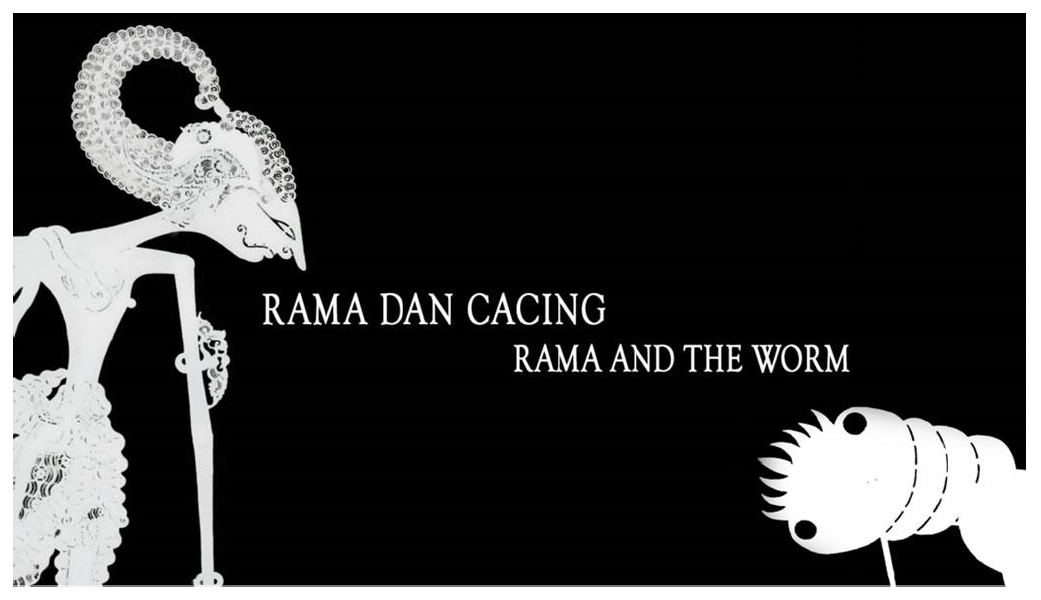Performing arts used as a method of spreading health information dates back to the origins of storytelling. However, interventions in developing, non-Western countries typically utilise Western entertainment forms. This qualitative investigation assesses responses to an intervention designed around traditional Javanese shadow puppetry (wayang kulit). Semi-structured interviews provided in-depth responses from a sample (n=12) of villagers. Responses analysed both cross-case and within-case, focused on perceptions of the music and storyline, responses to the intervention, and perceived appropriateness of wayang kulit for disseminating a health message. Wayang kulit was considered to be interesting and easy to remember, but concerns remained regarding the reliability of information provided through the drama. The fusion of traditional and modern music and story elements were perceived positively. Some participants were inspired to improve their hygiene practices, although the lack of motivation, or belief that they were unable to change was noted. The performance was generally received positively in terms of the nature of the intervention, the fusion of traditional and Western music and story elements, as well as the use of wayang kulit to spread health information. The study provides guidance for modifications to the production, prior to scaling up.

